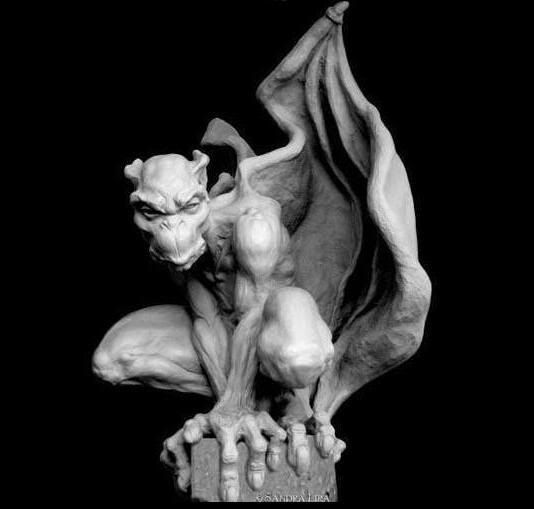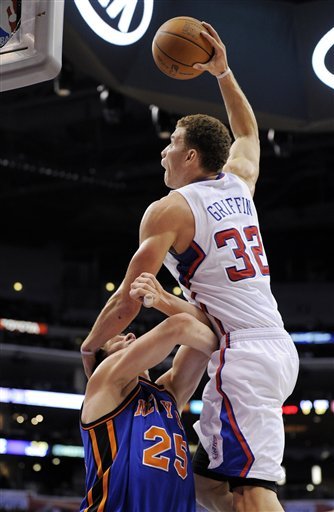I will tattoo Elton's face on my chest if he gets his # retired by the Clippers, thats how confident I am that the puppet as I like to call him will never have his jersey retired with the Clippers.
Back on topic, I like everything I'm hearing from Rasual and I hope he can maintain the effectiveness he showed last year. I am a little concerned with this writeup on Butler, especially the summary at the end:
At the age of 29, Rasual Butler bounced back from his worst season in the league to post what was most likely his finest, earning himself the knickname of the Phoenix. Last season, Butler was left off the playoff roster, and managed a league-low 35% shooting. This season, he posted a 43% shooting, along with 39% shooting from three, and seized the starting shooting guard spot ten games into the season and never relinquished it. He hit a number of memorable shots down the stretch of the season, winning games in Sacramento and a week later, sending a Miami game to overtime on a prayer three-pointer. In all, there wasn't a better Hornets feel-good story than the one Butler delivered this season.
Offense: Okay - now that we've said all that about Butler, it's time to get down to the hard truth. Butler may have been a feel-good story - but he was below average as a starting shooting guard. His calling card - shooting - ranked 37th amongst shooting guards and 63rd among all Wing players.(as measured by true shooting percentage, which takes into account three-pointers and free throws) He had the third lowest assist rate of any shooting guard(though mitigated that by having the third lowest turnover rate too) and only drew an average of 1.3 free throws a game. These numbers clearly reflect what he was asked to do - spot up and shoot - but also reflect that there wasn't much else he contributed offensively.
Rebounding: I was a bit surprised by this, because I remembered him having several nice double-digit rebounding games, but this is when stats are valuable. Rasual Butler was 93rd in rebound rate among wing players, grabbing a pretty sad 6.3% of available rebounds. Even among typically non-rebounders like shooting guards, he ranks in the bottom half.
Defense: So - I've given Rasual Butler a lot of credit for his defense over the course of the year. His ability to stay with and contest most of his opponents seemed pretty special. He also typically took on the toughest defensive assignment on the wing. The question is: Did his ability to track opponents actually make them less productive? Not Really. Butler held opposing Shooting Guards to a PER of 16.4, and opposing Small Forwards to a PER of 18.2. While you'd expect those numbers to be a little higher than average since he takes the toughest player, it does show he's probably at best an average defender. Shooting Guards averaged a PER of 15.7 this year, and Small Forwards averaged a 15.9.
Summary & Trade Value: There's something that John Hollinger of ESPN talks about every year called the "Fluke Rule". Essentially, every year there are several players in the league, age 29 or 30, who suddenly have a tremendous season - way above the norm for what they've provided up until then. In almost every case, the following year that player falls back to their norm. Rasual is 29. In his seven seasons, only 2 have varied from the 10.5 PER he's averaged - last season and this one, making it likely he's one of those Fluke Players. In essence, what I'm saying is that Butler has a higher trade value now than he's ever had - and probably ever will have - and his contract is expiring, making him even more valuable. There may not be a better time to move him. While I doubt no one is going to trade straight up for him - he's not that kind of player - he could be added to a package deal to make it much more attractive.
http://www.hornets247.com/blog/2009/05/21/establishing-market-value-the-wings#more































